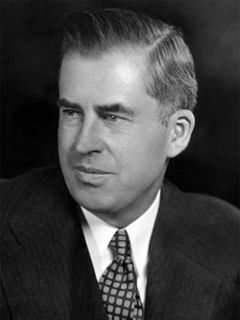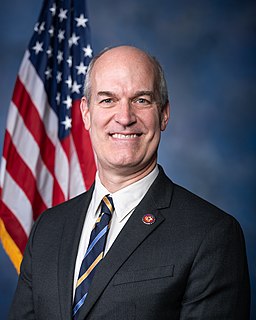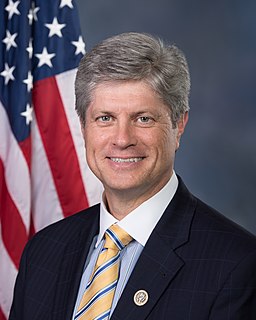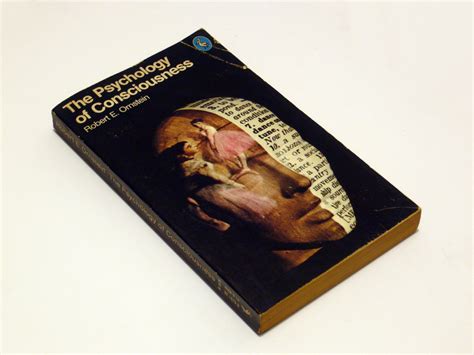A Quote by Henry A. Wallace
Scientific understanding is our joy. Economic and political understanding is our duty.
Quote Topics
Related Quotes
Scientific knowledge is, by its nature, provisional. This is due to the fact that as time goes on, with the invention of better instruments, more data and better data hone our understanding further. Social, cultural, economic, and political context are relevant to our understanding of how science works.
Now with the allocation and the understanding of the lack of understanding, we enter into a new era of science in which we feel nothing more than so much so as to say that those within themselves, comporary or non-comporary, will figuratively figure into the folding of our non-understanding and our partial understanding to the networks of which we all draw our source and conclusions from.
Joy is what we are, not what we must get. Joy is the realization that all we want or need in life has been etched into our souls. Joy helps us see not what we are "going through," but what we are "growing to"-a greater sense of understanding, accomplishment, and enlightenment. Joy reveals to us the calm at the end of the storm, the peace that surpasses the momentary happiness of pleasure. If we keep our minds centered on joy, joy becomes a state of mind.
If we take the time to look deeply, we see that understanding and compassion arise from suffering. Understanding is the understanding of suffering, and compassion is the kind of energy that can transform suffering. If suffering is not there, we have no means to cultivate our understanding and our compassion. This is something quite simple to see
Sorrow is so woven through us, so much a part of our souls, or at least any understanding of our souls that we are able to attain, that every experience is dyed with its color. This is why, even in moments of joy, part of that joy is the seams of ore that are our sorrow. They burn darkly and beautifully in the midst of joy, and they make joy the complete experience that it is. But they still burn.
Faith in the gospel restructures our motivations, our self-understanding, our identity, and our view of the world. Behavioral compliance to rules without heart-change will be superficial and fleeting… We can only change permanently as we take the gospel more deeply into our understanding and into our hearts. We must feed on the gospel, as it were, digesting it and making it part of ourselves. That is how we grow.
Any play that makes an audience think out of the box, that makes connections to life and names our pain and by doing so makes our pain subject to thinking and the process of understanding, is doing something inherently political. By promoting understanding, by putting experience in context, by making connections between the normal and the rational, theatre is an act of anti-terrorism. It stimulates courage and a survival spirit. In that sense of political, there are a lot of serious plays doing their work in the world.
Kant does not think there is anything wrong with being beneficent from sympathy. He thinks we have a duty to cultivate sympathetic feelings by participating in the situations of others and acquiring an understanding of them. He thinks we also have a duty to make ourselves into the kind of person for whom the recognition that something is our duty would be a sufficient incentive to do it (if no other incentives were available to us). That's what he means by "the duty to act from the motive of duty".


































